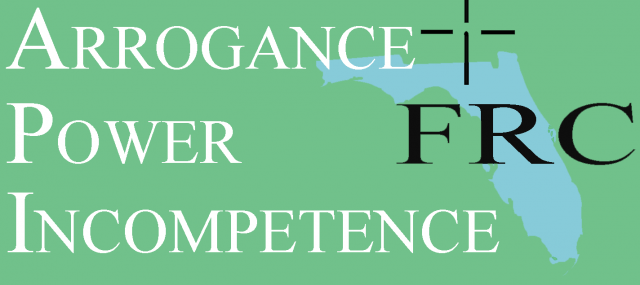Amateur Radio is regulated and individuals are licensed by the FCC.
The basis and purpose of Amateur Radio is defined in 47 CFR §97.1:
Recognition and enhancement of the value of the amateur service to the public as a voluntary noncommercial communication service, particularly with respect to providing emergency communications.
(b) Continuation and extension of the amateur’s proven ability to contribute to the advancement of the radio art.
(c) Encouragement and improvement of the amateur service through rules which provide for advancing skills in both the communication and technical phases of the art.
(d) Expansion of the existing reservoir within the amateur radio service of trained operators, technicians, and electronics experts.
(e) Continuation and extension of the amateur’s unique ability to enhance international goodwill.
Amateurs have no right to a frequency and the FCC puts very few restrictions on the use of the different allocations amateurs have. §97.101 (b) states:
Each station licensee and each control operator must cooperate in selecting transmitting channels and in making the most effective use of the amateur service frequencies. No frequency will be assigned for the exclusive use of any station.
A repeater coordinator is defined by the FCC as:
Frequency coordinator. An entity, recognized in a local or regional area by amateur operators whose stations are eligible to be auxiliary or repeater stations, that recommends transmit/receive channels [1]and associated operating and technical parameters for such stations in order to avoid or minimize potential interference
The FCC has commercial repeater coordinators, which work for the other radio services, for a fee they use technical standards to coordinate operation between Part 90 and 74 (police/fire/hotels/etc.). All records for these coordination are in the FCC database and able to be looked up by anyone. What’s nice about this is multiple coordinators exist and are able to work alongside each other in the market place.
Amateur coordination is “optional” per the FCC and there is only one coordinator for an area/state. There is no legal basis for such a sole coordinator but this is practice. In Florida this is the FRC and they work in a slow secretive fashion.
The FCC does give preference to coordinated repeaters per 97.205(c)
Where the transmissions of a repeater cause harmful interference to another repeater, the two station licensees are equally and fully responsible for resolving the interference unless the operation of one station is recommended by a frequency coordinator and the operation of the other station is not. In that case, the licensee of the non-coordinated repeater has primary responsibility to resolve the interference.
As such it’s in our best interest to coordinate our systems with the FRC.
The FRC is a member-based organization, of which I am a member and have been since 15-Dec-2013 by paying the $10 per year membership fee. I never received anything other than a PayPal receipt for this each year. Their meetings are governed by their bylaws and Roberts Rules of Order.
In contrast to commercial frequency coordination the FRC does not function in a prompt manner or use technical standards. The FRC does not even follow their own FRC Coordination Policy as written.
[1] Reference #11, “applications for NEW coordination without frequencies will be returned to the applicant. The Council is unable to search for available frequencies”
